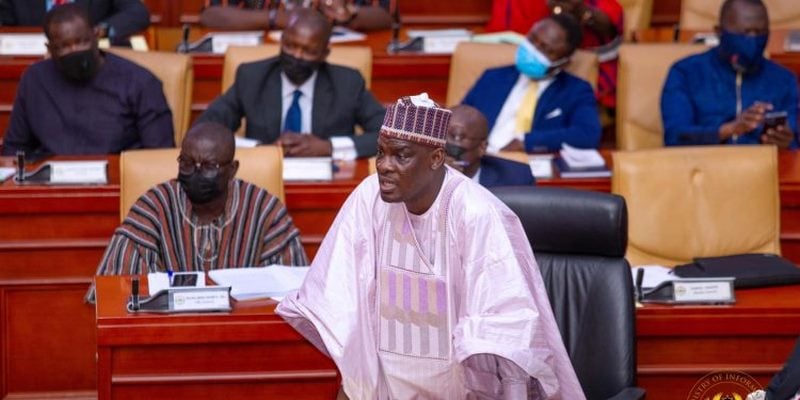Ghana’s educational landscape is poised for a significant transformation with the introduction of compulsory foreign language studies and the integration of STEM education into the basic school curriculum. Education Minister Haruna Iddrisu unveiled these initiatives, highlighting President John Dramani Mahama’s vision to enhance students’ global competitiveness and equip them with essential 21st-century skills. The introduction of a compulsory foreign language course at the second-year Senior High School (SHS) level aims to broaden students’ horizons and prepare them for an increasingly interconnected world. Students will have the opportunity to select from a range of languages, including French, Spanish, German, Chinese, and others, aligning their language acquisition with their academic pursuits and career aspirations. This initiative acknowledges the growing importance of multilingualism in various professional fields and international collaborations.
The compulsory foreign language policy reflects a broader effort to revamp Ghana’s educational curriculum. By incorporating foreign language studies, the government seeks to foster intercultural understanding and communication skills among Ghanaian students. This initiative recognizes that proficiency in multiple languages is an asset in the globalized world, opening doors to diverse academic opportunities, career paths, and cultural exchanges. Furthermore, this move aligns with global educational trends that emphasize the importance of multilingualism in fostering international cooperation and competitiveness.
The integration of STEM education into the basic school curriculum represents another crucial component of Ghana’s educational reform. Beginning with students in Primary Four through Six, the introduction of STEM kits and STEM cells will provide learners with early exposure to science, technology, engineering, and mathematics concepts. This early intervention aims to cultivate a passion for STEM fields and equip students with the foundational knowledge and skills needed to excel in these disciplines. The Ghana Education Trust Fund is actively involved in procuring these STEM resources, ensuring their availability for effective implementation in upper primary classrooms.
The focus on STEM education stems from the recognition of its crucial role in driving innovation, economic growth, and societal development. By introducing STEM concepts at the primary school level, Ghana aims to nurture a new generation of scientists, engineers, technologists, and mathematicians who will contribute to the country’s progress in various sectors. This initiative also addresses the increasing global demand for STEM professionals and positions Ghana to compete effectively in the global economy.
The combined introduction of compulsory foreign language studies and the integration of STEM education into the basic school curriculum signals a significant shift in Ghana’s educational priorities. These initiatives demonstrate President Mahama’s commitment to equipping Ghanaian students with the necessary skills and knowledge to thrive in a rapidly evolving global landscape. By embracing these reforms, Ghana aims to enhance its human capital, promote innovation, and secure its position as a competitive player in the global arena.
These educational reforms underscore the Ghanaian government’s dedication to investing in the future of its youth. By providing students with access to foreign language acquisition and STEM education, the government aims to create a well-rounded and highly skilled workforce capable of driving economic growth and contributing to national development. These initiatives not only equip students with practical skills but also cultivate critical thinking, problem-solving, and cross-cultural communication abilities – essential attributes for success in the 21st century.














